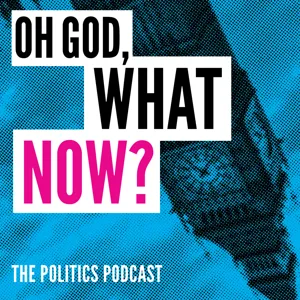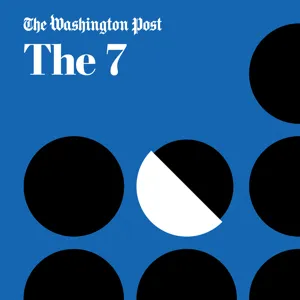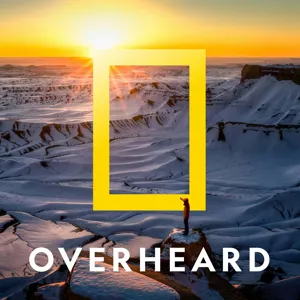Will a diesel and petrol car ban even work?
If you believe the Government, in 23 years’ time new diesel and petrol cars will be banned. From 2040 the future is electric.
But as these controversial plans were rolled out this week, the first question on many people’s lips was: where’s all that electricity going to come from?
Simon Lambert, Lee Boyce and Georgie Frost discuss the prospects for electric cars now that we’re all going to have to learn to drive in near silence.
They answer all the questions - with the help of Simon’s adventures in a top-of-the range electric Tesla:
Can the power supply and grid cope?
How long do electric cars take to charge?
What’s it like to drive an electric car?
Will carmakers deliver but the Government stuff it up?
And is the booming car industry about to bust?
Also on the show we look at how to build a pension if you’ve got to 45 and still don’t have any savings, what to do about Japanese knotweed and whether reading fiction can help you be a better investor.
And finally…
In one of the more intriguing questions This is Money has been sent recently by a reader – can you sue the council if it moves a school catchment area and harm’s your house’s value?
Enjoy. If you like the show also please subscribe at your favoured podcast outlet and leave us a review or like us on iTunes.















